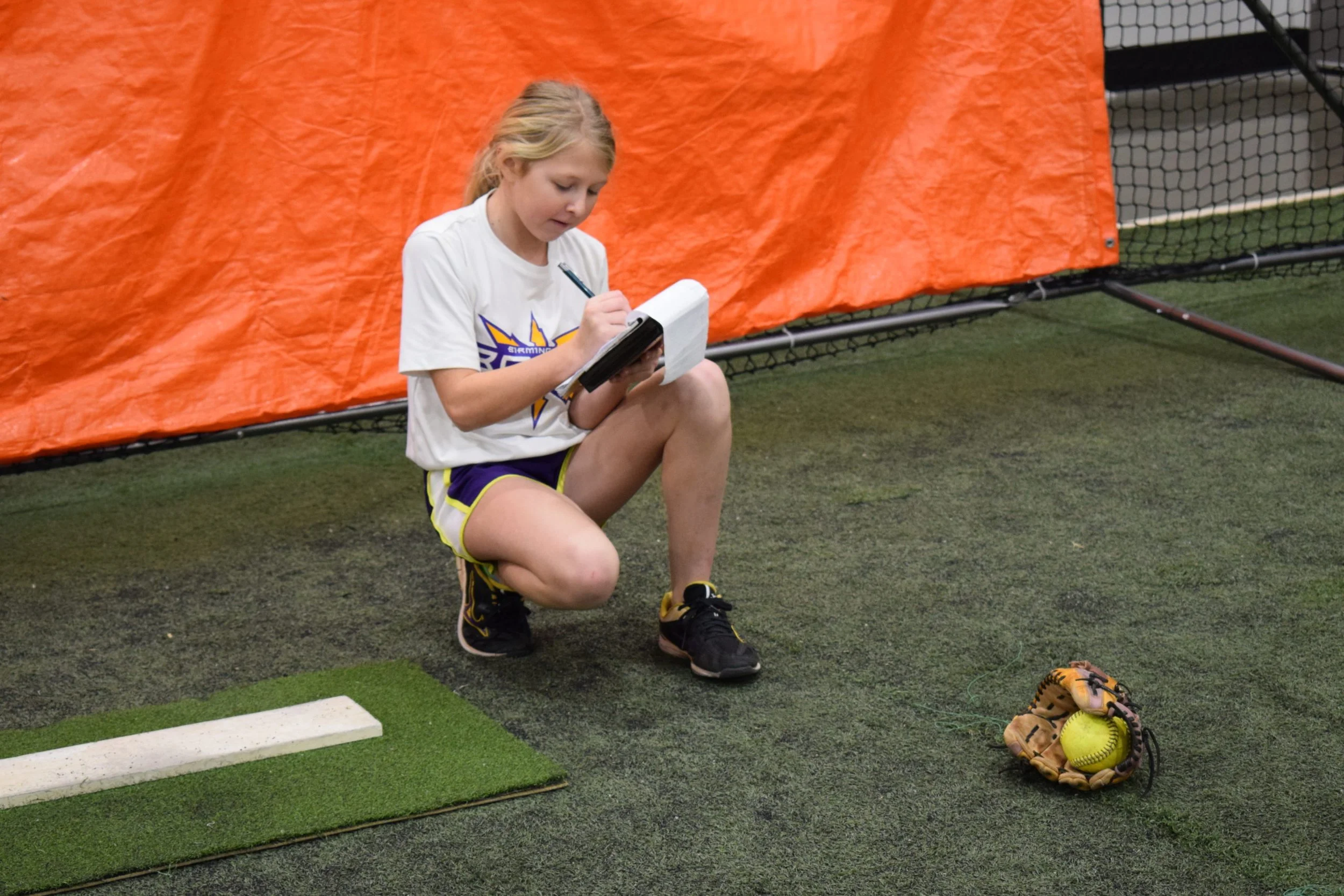We Train Professionals to Train Champions.
We Train Professionals to Train Champions.
Blending movement, skills, and strength in new ways, the Tincher Pitching System looks closely at the entire athlete.
We design ways to make the movements easier, to remove frustrations, and to map a specific pathway toward success for every individual student. Instead of trying to make changes in the bullpen, or while performing the entire pitching motion, the focus is upon the fundamentals and the foundational movements. We work on these until they become habit, and then allow them to flow into the full pitching motion.
Every pitcher is unique in her strength, the way she moves, and the way she processes.
Going far beyond certain drills, styles, or cookie-cutter approaches, we look at the absolutes that are common in the greatest athletes. How can we blend strength, movement quality, skills, and even pitching strategies in a way that will make goals more attainable to each and every student?











